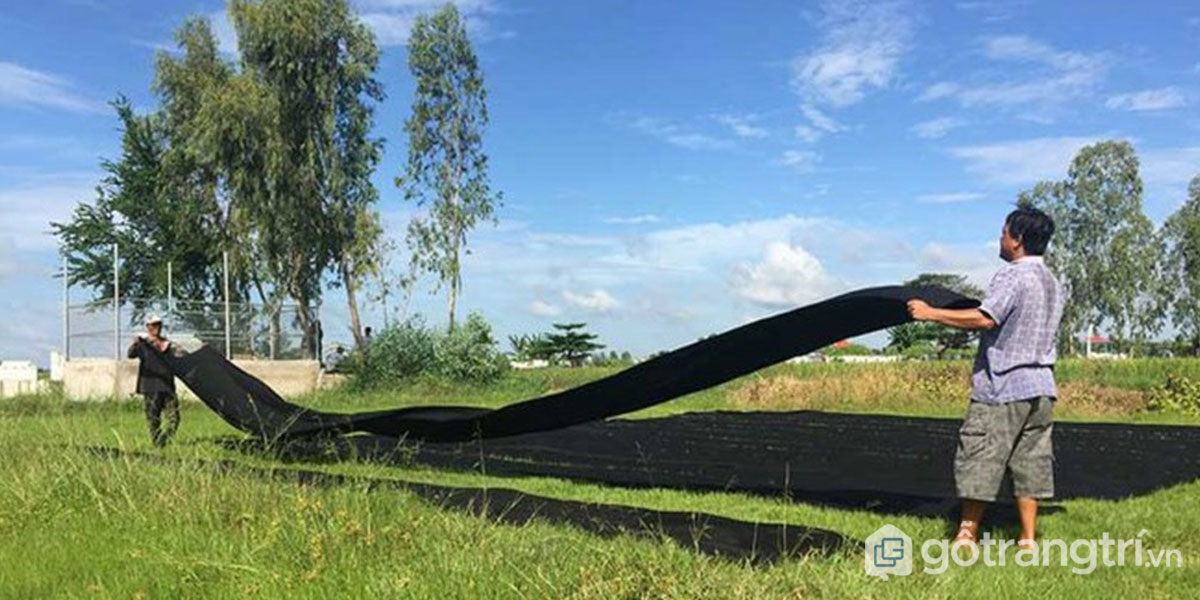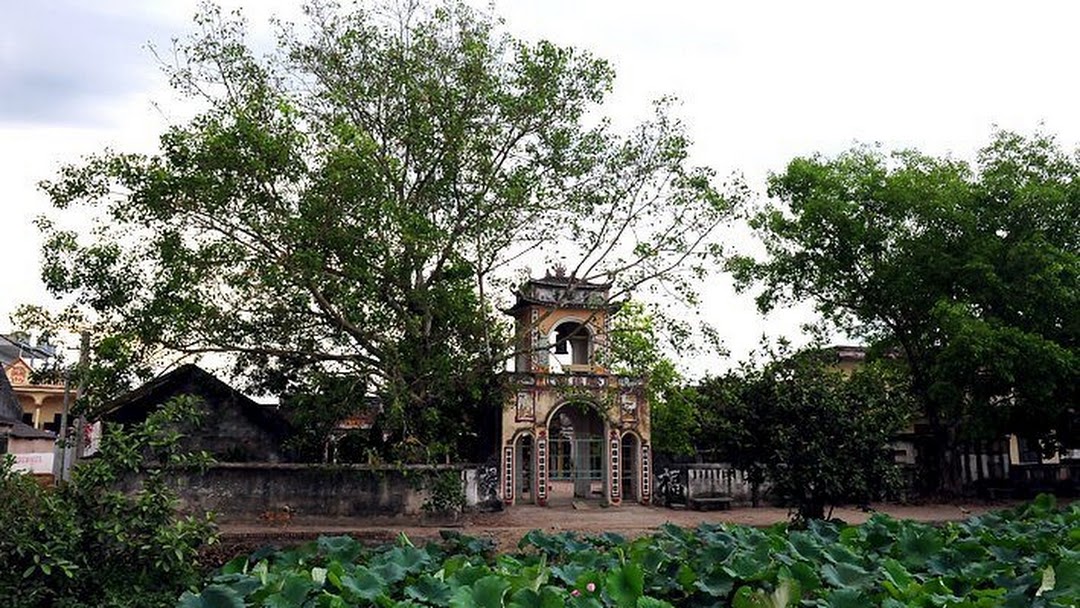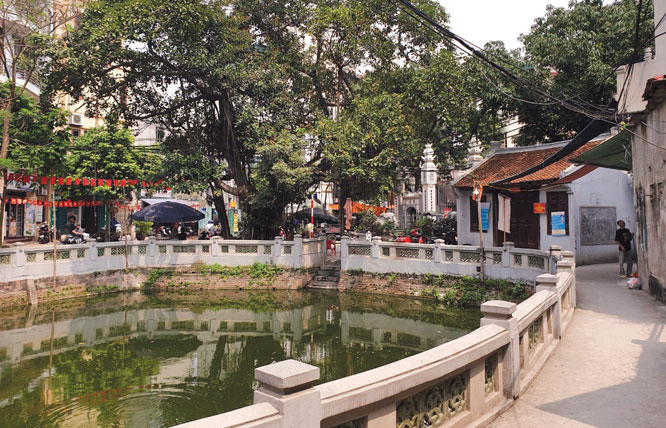Phong Khue
Located next to Ngu Huyen Khe river, Duong O village (also known as Dong Cao) belongs to Phong Khe ward, Bac Ninh city - one of the cradles of traditional Dó paper making and famous industrial paper all over the country. After the development of industrial paper, the traditional paper production was gradually going downhill with many people changing to other professions. However, in Duong O village, there are still traditional paper makers who are diligently working day and night with the craft left by their ancestors.
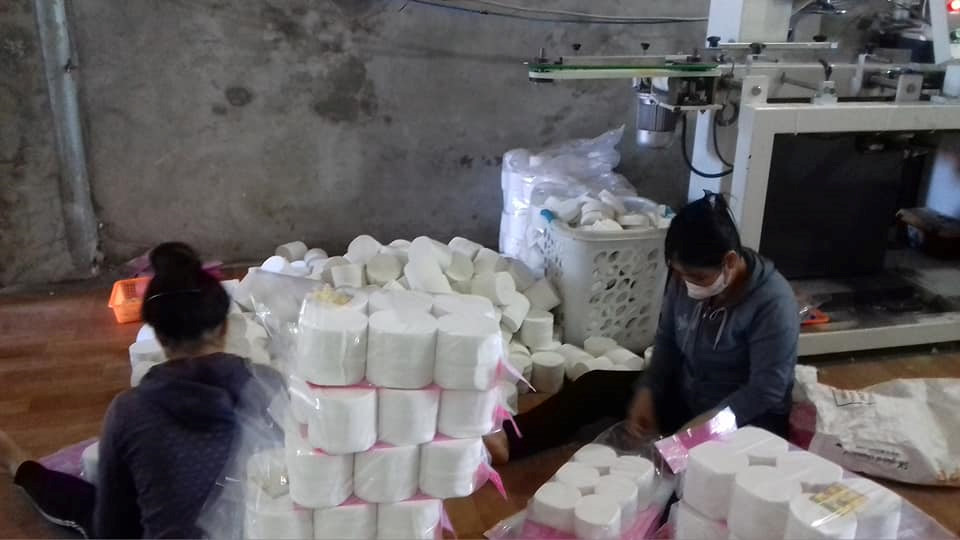
A standard piece of tough, durable paper must go through nearly 10 stages. Strictly following those steps, papers can be kept for hundreds of years. The raw material for making the paper is a tree that grows in the forest, which is harvested and transferred, peeled, dried, put in a water bath for 48 hours, then soaked in concentrated lime water and then put in a barrel to boil continuously for 24 hours. After that, artisans take it out, wash it, pound it to create a powder, combine it with mucus from the sap of the magnolia tree to create a sticky mixture. The next step is to fold the paper. The pulp is scooped into the sickle in the mold and then shaken by hand when the thickness of the new paper is enough, put the mold on the rack and take the sickle to place each sheet of paper on the pile. Paper making is an important part of paper making. It shows the talented hands of artisans, deciding the quality of paper products. Those papers are used as the background for Dong Ho folk paintings, showing the rhythms, colors, textures and the soul of Song Ho (Thuan Thanh) artists. It is also sold by street vendors at stalls serving students and teachers throughout the countryside. In addition, some types of Dó paper such as increased sine paper are used to wrap in moisture-proof batteries, soundproof and heat-insulating products, and as loudspeaker diaphragms; paper used to make fans, restore ancient book editions…
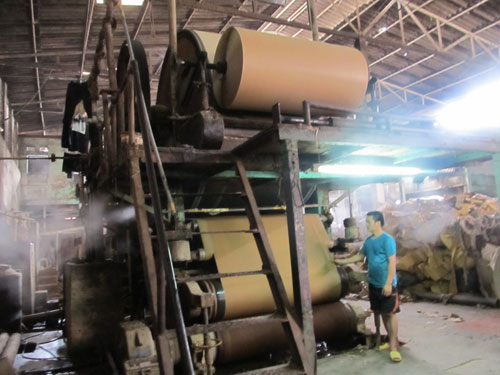
Up till this day, the craft of making Dó paper in Duong O and Phong Khe still maintains and meets the market demand. This is a favorable condition to help the locality preserve a unique culture of Kinh Bac countryside.

